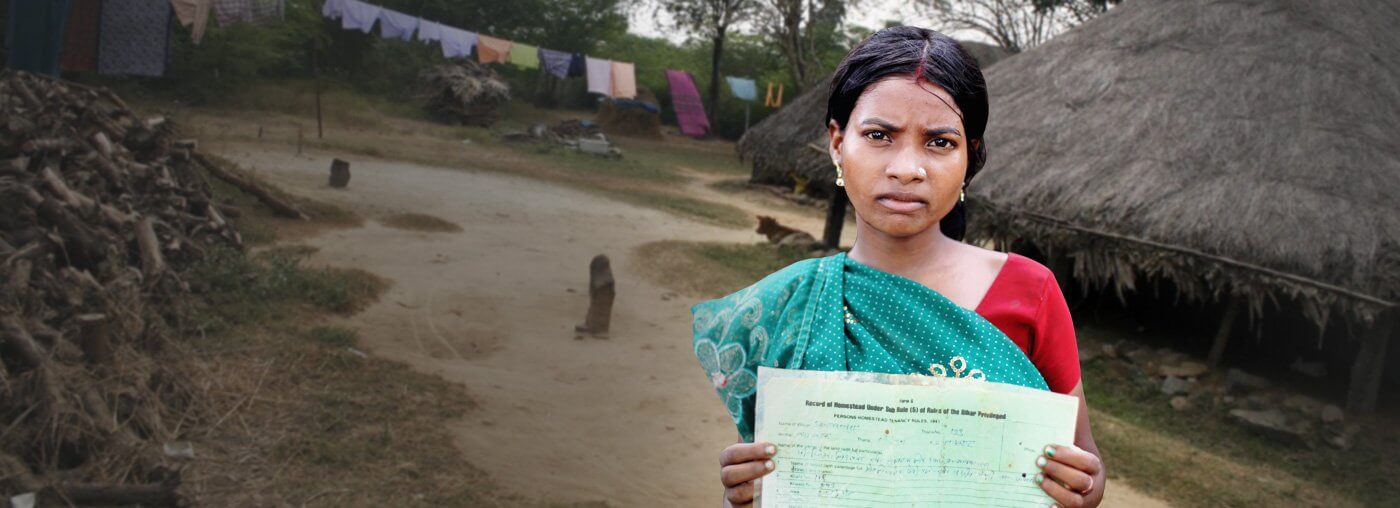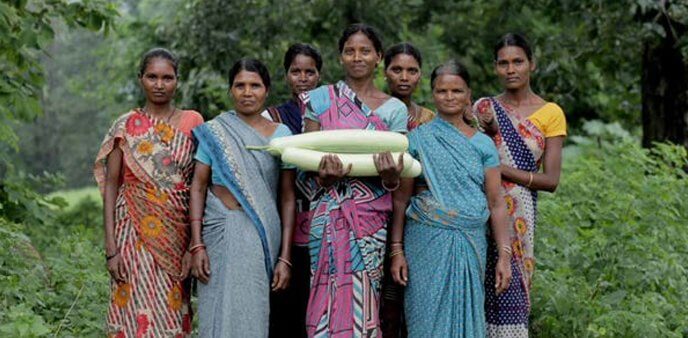Land to the Landless
A just resolution to the land question,the promise of independence struggle, has been eluding India for long. Legislations have been passed, but apart from a very few exceptions, which too were not in full spirit, land reforms were never implemented properly. This is borne out by latest statistics. The 2011 Socio Economic and Caste Census shows that 56% of households in rural India do not own any agricultural land. The NSSO survey on Land and Livestock Holdings as a part of its 70th round (January-December 2013) revealed that top 7.18% of households own more than 46.71% of the land. Increased acquisition of land for infrastructure and industry in this scenario of land hunger of the masses creates a huge distress.
Over the last six decades, the land ownership question has energized several popular movements – struggles built on the idea of land to the tiller, those focused on excluded social groups such as Dalits, and those contesting land grabs just to typify a few. In partnership with several of them, ActionAid India is committed to restoring a progressive land reforms agenda to the centre stage of policy making. On the ground we help communities secure access to land that is due to them for cultivation and as homestead. We seek to get land registered in the name of women.
Kalyani is part of a women’s collective of Oraon tribal women in Sundargarh, Odisha, who after getting land titles in their name, are now successfully running a farmers collective – practising sustainable forms of agriculture, including preservation of indigenous varieties through seed banks.
ActionAid has accomplished the following in recent years:
- We facilitated land titles to 50,100 persons, of which 12,000 are women.
- Over 2 lakh applications for land titles have been filed.
- In Odisha alone, 2176 single women have been provided with homestead land titles in a joint initiative by district authorities and ActionAid in Ganjam district.
- Around 58000 informal sector labourers have now access to social security schemes.


